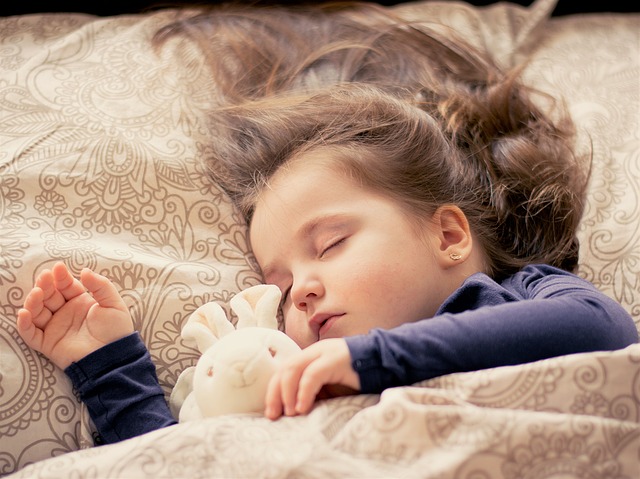Experts stand at polar opposites on a number of issues, and the concept of co-sleeping is no exception.
Co-sleeping
When newborns and young children sleep in or right next to the parents’ bed – is more widely practiced outside the U.S., but the trend is growing with new parents here in the states. The U.S. Consumer Product Safety Commission warns against it, but many pediatricians, breast-feeding advocates and others disagree with the commission’s recommendation.
Is co-sleeping right for you? Here are some pros and cons to help you decide.
Pros:
– The baby will sense your presence. By being close by, you can respond emotionally and physiologically to baby’s needs.
– Babies tend to breast feed more often with less disruption to mothers sleep. Recent studies show both co-sleeping mother and breast-feeding babies receive more sleep than solitary sleeping babies.
– Studies have shown that co-sleeping babies arouse more frequently, but for shorter average durations than if the baby slept apart, and they cry significantly less, leaving more energy for growth and development.
– More breast feeding, which accompanies co-sleeping, also can be translated into less disease.
– Being nearby enables the parents to respond to changes in the baby’s status, like choking, struggling to breathe or trying to rid itself of blankets over its head.
– Working mothers who feel guilty not spending quality time with their baby during the day can feel more nurturing by being close to and interacting with baby during the night. The same is true for fathers. With the proper safety and environment, co-sleeping can be extremely beneficial for the family.
Cons:
– The family bed or co-sleeping puts a damper on Mom and Dad’s private time and intimacy. Forget spontaneous lovemaking.
– Some parents use co-sleeping to avoid addressing serious problems in their marital relationship, giving the couple a false sense of security in their marriage.
– If co-sleeping goes on too long, husbands and wives have difficulty adjusting to sleeping together when the child finally begins solitary sleeping.
– Many parents think children either don’t hear them making love or are too young to know what’s going on. Wrong. To children, lovemaking sounds like fighting and inflicting pain.
– Babies and toddlers who share a room with their parents may need Mom and Dad present to fall asleep long after co-sleeping is discontinued.
– Because some single mothers are literally afraid to sleep alone at nights, they sleep with their little ones in the bed. This is unhealthy for both mother and child.
– The constant movement or noise of the baby can interfere with the parents’ ability to get a good night’s sleep, and they wake up exhausted in the morning.
– Suffocation and strangulation are real dangers that can be caused by an adult rolling on top of the baby, too much soft bedding (quilts, pillows and blankets) and rigid object that can trap baby’s head.
Co-sleeping? There’s a lot of information out there, both pro and con. For your baby’s sake, do your research before you decide. Sleep well – and happy.














Leave a Reply